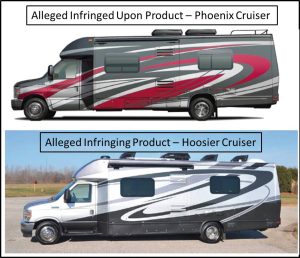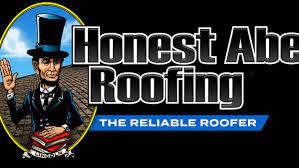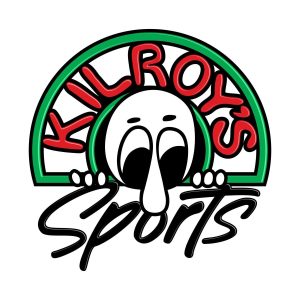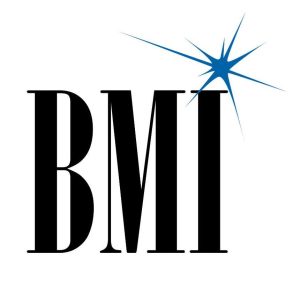 INDIANAPOLIS, Indiana – The Honorable Tanya Walton Pratt, Chief Judge of the United States District Court for the Southern District of Indiana, is pleased to announce the selection of M. Kendra Klump for the position of United States Magistrate Judge. Ms. Klump will fill the vacancy created by the recent elevation of the Honorable Doris L. Pryor from Magistrate Judge of the Southern District of Indiana to Circuit Judge of the United States Court of Appeals for the Seventh Circuit.
INDIANAPOLIS, Indiana – The Honorable Tanya Walton Pratt, Chief Judge of the United States District Court for the Southern District of Indiana, is pleased to announce the selection of M. Kendra Klump for the position of United States Magistrate Judge. Ms. Klump will fill the vacancy created by the recent elevation of the Honorable Doris L. Pryor from Magistrate Judge of the Southern District of Indiana to Circuit Judge of the United States Court of Appeals for the Seventh Circuit.
A Magistrate Judge Merit Selection Committee, chaired by Sara J. Varner, First Assistant Federal Defender for the Indiana Federal Community Defenders, Inc. and consisting of 10 other attorneys and two community members, reviewed numerous applications and recommended finalists for the position. The District Judges of the court interviewed the finalists and selected Ms. Klump.









